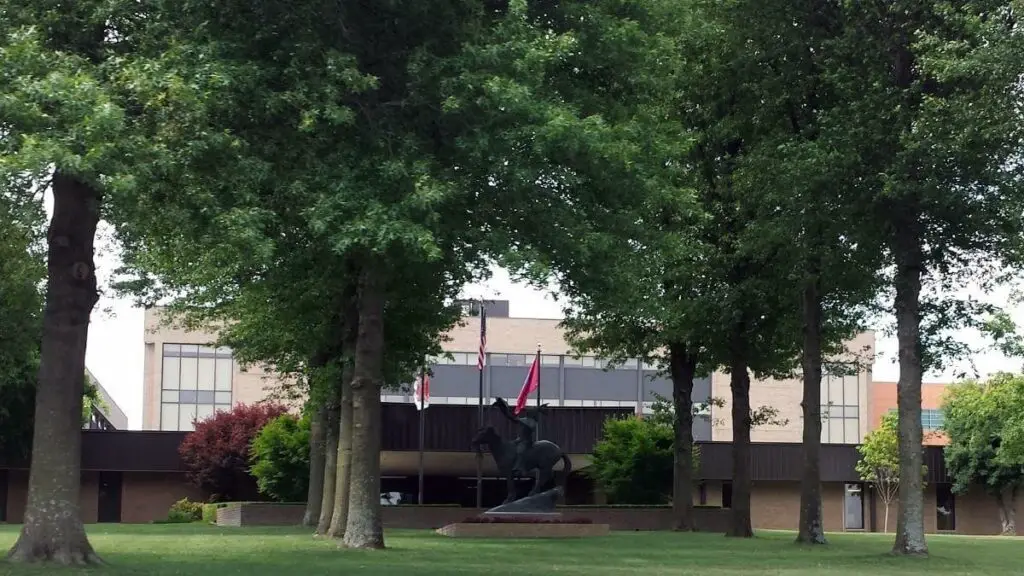Tyson Foods, a major corporation and food supplier, is joining other big companies in the Financial Literacy for All (FL4A) initiative. While Tyson may be the newest addition to the FL4A team, it is not new to assisting employees with financial literacy: the company has offered free financial literacy courses since 2018. Over 600 employees in Tennessee have participated in Tyson’s current partnership with Working Credit, a nonprofit that teaches workers about credit and avoiding financial scams. Soon, the company will roll out this partnership nationwide to its thousands of additional employees.
As a major employer of immigrants and refugees, Tyson is offering an eight-week financial education course geared toward those groups of employees.
Financial Literacy Education for Immigrants
Supporting immigrants with financial literacy education is crucial to help integrate them into American society. Compared to U.S. citizens, immigrants are more likely to be excluded from the banking system, retirement savings programs, and investments. Language barriers are common, especially since financial products and services are very complex. Fortunately, nonprofits, government agencies, and employers have tried to help them. Some provide financial literacy education independent of other programs, while others include them in programs to help the overall naturalization and citizenship process.
CASA, which operates in Georgia, Virginia, Maryland, and Pennsylvania, assists immigrants and Latinos with financial literacy education in partnership with other nonprofits, credit unions, and banks. The International Rescue Committee (IRC) works to provide financial literacy education to refugees who enter the United States. Immigrants and refugees may quickly find employment (and are actually in the labor force at a higher rate than native-born Americans), but often need help developing credit. The IRC offers bundled financial services to refugees to help develop proficiency with the American style of finances.
Language barriers and unfamiliarity with American banking, investment, and healthcare systems can slow immigrants’ adaptation to financial soundness. Some immigrants may sign up for retirement programs that are not optimal or be subject to fraud. For many immigrants, their American-born children are their primary source of financial education, though this only occurs after the children have become adults themselves! By this point, some immigrants may have made decades of poor financial decisions, leaving them unprepared for retirement. As a result, it is important to help immigrant families receive quality financial education before the native-born children have reached the age where they can assist their parents.
Colleges, universities, state governments, and cities can also help educate immigrants and refugees on financial literacy by offering free classes and free literature on the subject. The University of New Mexico (UNM) Center for Financial Capability is one such institution. The state of Massachusetts has its own free classes on financial literacy available in many languages and even awards graduates with a fifty-dollar stipend! Cities may also be able to link immigrants with financial education, such as the city of Houston posting links to nonprofits and government agencies. New York City also offers financial education for immigrants, publishing in many languages. Los Angeles provides free financial coaching to immigrants in multiple languages.


